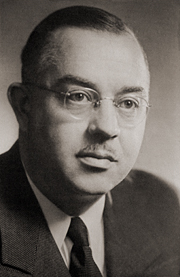A Quote by Thomas a Kempis
If thou hadst a good conscience thou wouldst not greatly fear death.
Related Quotes
Think not so much of what thou hast not as of what thou hast: but of the things which thou hast, select the best, and then reflect how eagerly they would have been sought, if thou hadst them not. At the same time, however, take care that thou dost not, through being so pleased with them, accustom thyself to overvalue them, so as to be disturbed if ever thou shouldst not have them.
It seems that wherever the Welfare State is involved, the moral precept, "Thou shalt not steal," becomes altered to say: "Thou shalt not steal, except for what thou deemest to be a worthy cause, where thou thinkest that thou canst use the loot for a better purpose than wouldst the victim of the theft."
If thou hadst thy will what wouldst thou reserve?" said Manwe. "Of all thy realm what dost thou hold dearest?" All have their worth," said Yavanna, "and each contributes to the worth of the others. But the kelvar can flee or defend themselves, whereas the olvar that grow cannot. And among these I hold trees dear. Long in the growing, swift shall they be in the felling, and unless they pay toll with fruit upon their bough little mourned in their passing. So I see in my thought, would that the trees might speak on behalf of all things that have roots, and punish those that wrong them!
Antiquity! thou wondrous charm, what art thou? that being nothing art everything? When thou wert, thou wert not antiquity - then thou wert nothing, but hadst a remoter antiquity, as thou calledst it, to look back to with blind veneration; thou thyself being to thyself flat, jejune, modern! What mystery lurks in this retroversion? or what half Januses are we, that cannot look forward with the same idolatry with which we for ever revert! The mighty future is as nothing, being everything! the past is everything, being nothing!
































